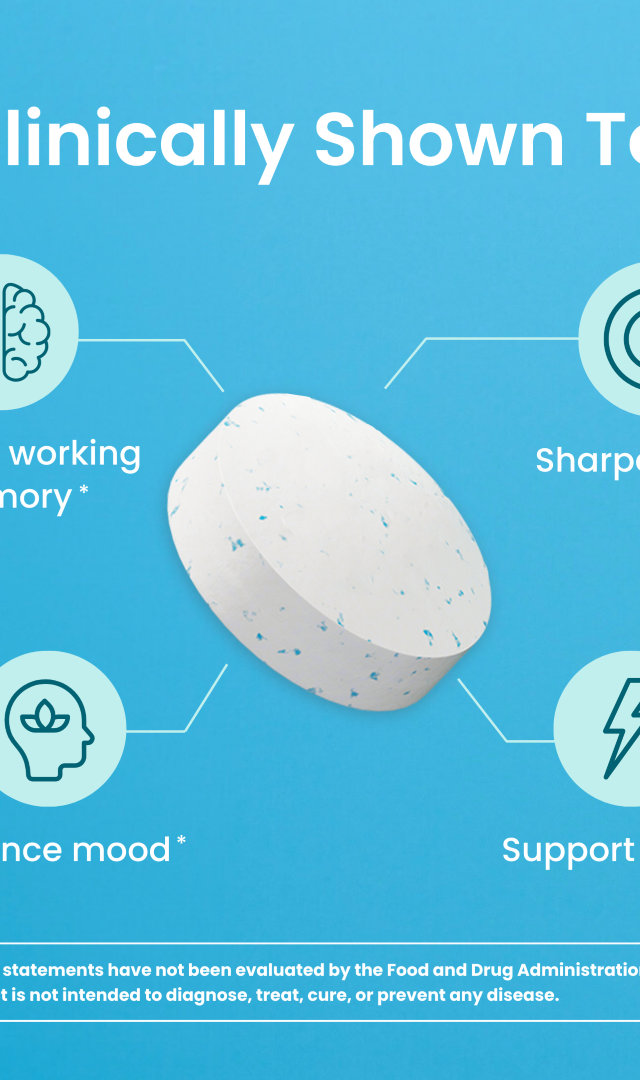Let’s talk about something uncomfortable - quitting.
How many times in your life were you told that “winners never quit” or “quitters never win”? Most of us have been directly and indirectly conditioned since childhood that in order to succeed at something, we must persevere, we must be relentless and we must never quit.
While these sayings may be true at a certain level, the majority of us have been conditioned to take these things in the literal sense - that whatever happens, whether the things that we’re pursuing are hurting us physically, psychologically, mentally and emotionally, we shouldn’t stop, or else we won’t win.
The thing is, sometimes you have to quit so you can win.
Say for example, you have a problem, and like the go-getter and high achiever that you are, you want to solve it. You have an approach in your mind that you know is going to work. You spend your time working on it. In your ideal world, it would work.
But it didn’t.
Like a dog with a bone, you hyperfocus on making your approach work. The idea of abandoning it didn’t cross your mind because you’re not a quitter, and you will do whatever it takes even if it makes you lose focus of what the entire situation is all about.
Maybe it’s not even a problem to begin with? Maybe if you look at things from a different angle, you would see things differently? But because you’re focused on not quitting, you lose perspective.
It might take a lot of mindset shifts in order for you to change the way you look at quitting.
If you do plan on quitting anything - be it a job that sucks the life out of you, an abusive relationship, a toxic friendship, or a routine that isn’t doing you any good, here are some reasons that just might encourage you to take that brave step.
Quitting doesn’t mean weakness
Quitting something doesn’t make you weak. It doesn’t define you and your whole life.
Think of it as a representation of a part of your life when you choose to prioritize yourself and the things that matter to you. Quitting doesn’t make you weak, or lost, or confused.
In fact, because you quit on something that is making you unhappy, you allow yourself to be a step closer to the things that will make you happy. You’re strong enough to realize that your current situation is not working for you - it’s not aligned with your passion, it’s not sitting well with your values, it’s suffocating the fire in you, and you’re ready to quit.
You’re also mentally strong enough to know that there is more to “quitting” than just giving your 2 weeks notice in. You’re strong enough to plan, strategize and make sure that you’re taking calculated risks and the timing is right.
That’s not weakness, that’s strength.
Quitting isn’t the same as “giving up” on your goals
Everybody wants to be a winner, that’s natural. Everybody wants to achieve their goals, live their dream lives and work in their dream jobs - these are normal and intrinsic wants in life.
You have to understand that quitting something that is not doing you any good, is not “giving up” on your goals. Rather, it means pursuing other things that are actually good for you to get you closer to your goal.
Say for example that your goal is to be at the top of the corporate ladder and you slave away working long hours at a job you hate because “you’ve been there long enough” and it’s your “straight line to the top”. Ask yourself - is that the only way? Are you not meant to enjoy the journey as much as the destination?
Quitting encourages you to take a step back and reexamine your goals - are they really what you want? Are they really what would make you happy?
Quitting is an investment in you
If you bet on yourself, you’ll never lose.
Human beings tend to have a psychological quirk described as “escalation of commitment to a failing course of action”. It’s that voice in your head that tells you if you suffer just a little longer, things will eventually work out.
Before you know it, you’re stuck at a dead end job or still in a toxic relationship, for years on end.
Quitting on the things that are not good for you, is an investment you put towards yourself. It's a conscious step towards regaining control of your time, your energy, your resources, your talents, and then using them on the things that you actually enjoy doing.
Quitting can create more space for what matters
You only have 24 hours in a day, that’s a fact.
If you’re using half of that time to do things that you do not enjoy or spend them with people who are not good for you, you essentially rob yourself of the time, energy and space to do the things that you enjoy and the relationships that can bring out the best in you.
"Extra time" don’t magically appear out of thin air, they just don’t. You have to consciously make time for the things that matter, and quitting on things that don’t is a way to allow you to.
Quitting allows you to intentionally create space for other opportunities, those that you actually want and enjoy, to come.
In conclusion, quitting is hard and it will be uncomfortable, that’s for sure. It might mean moving out of your comfort zone and losing your sense of familiarity.
But it might also mean giving yourself the opportunity to rediscover your identity, your strengths and your passion. It might allow you to do and experience the things that truly bring you joy and make you excited to wake up in the mornings.
For these and more, don’t the rewards far outweigh the risks?
Hero Image by Kristopher Roller on Unsplash





















